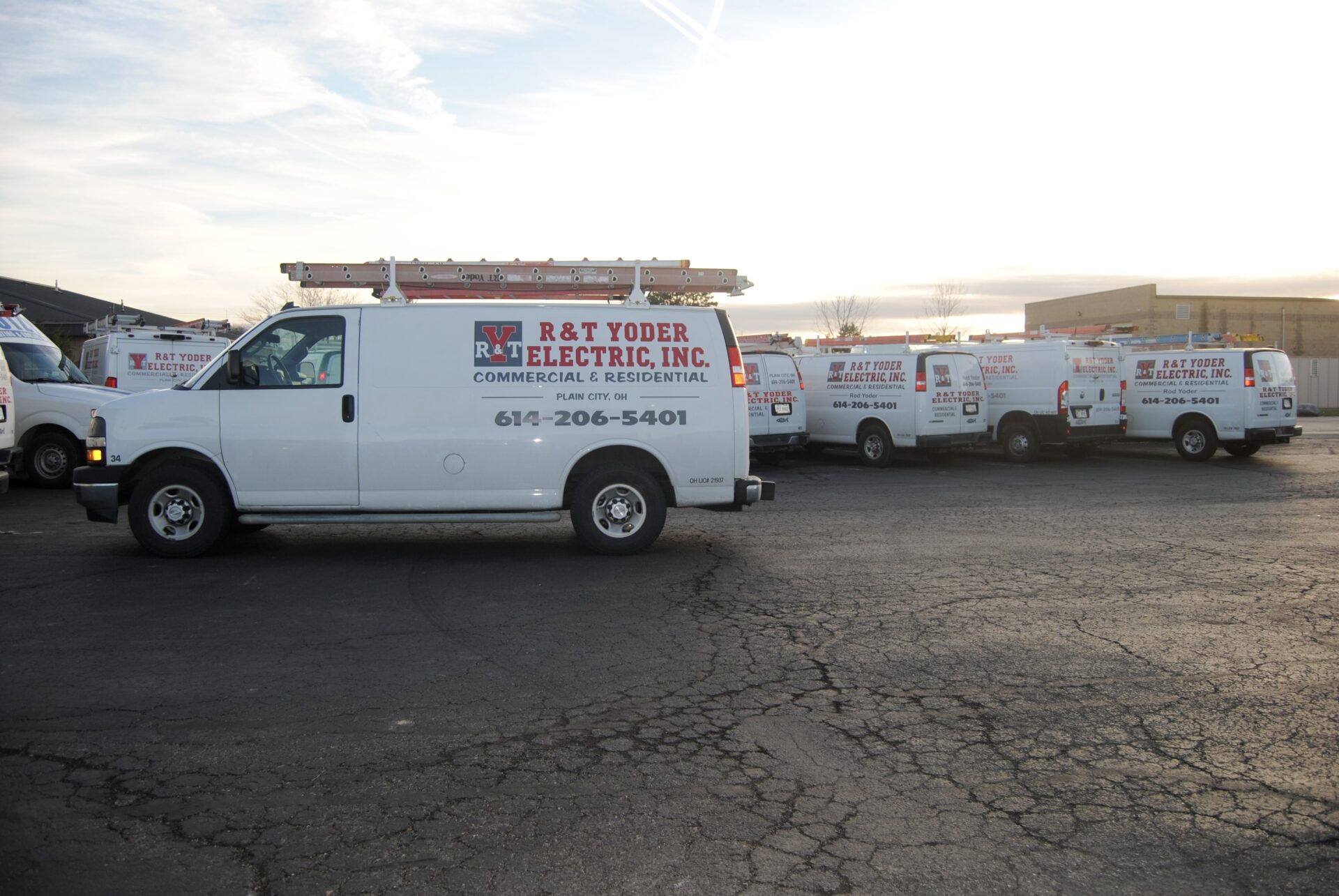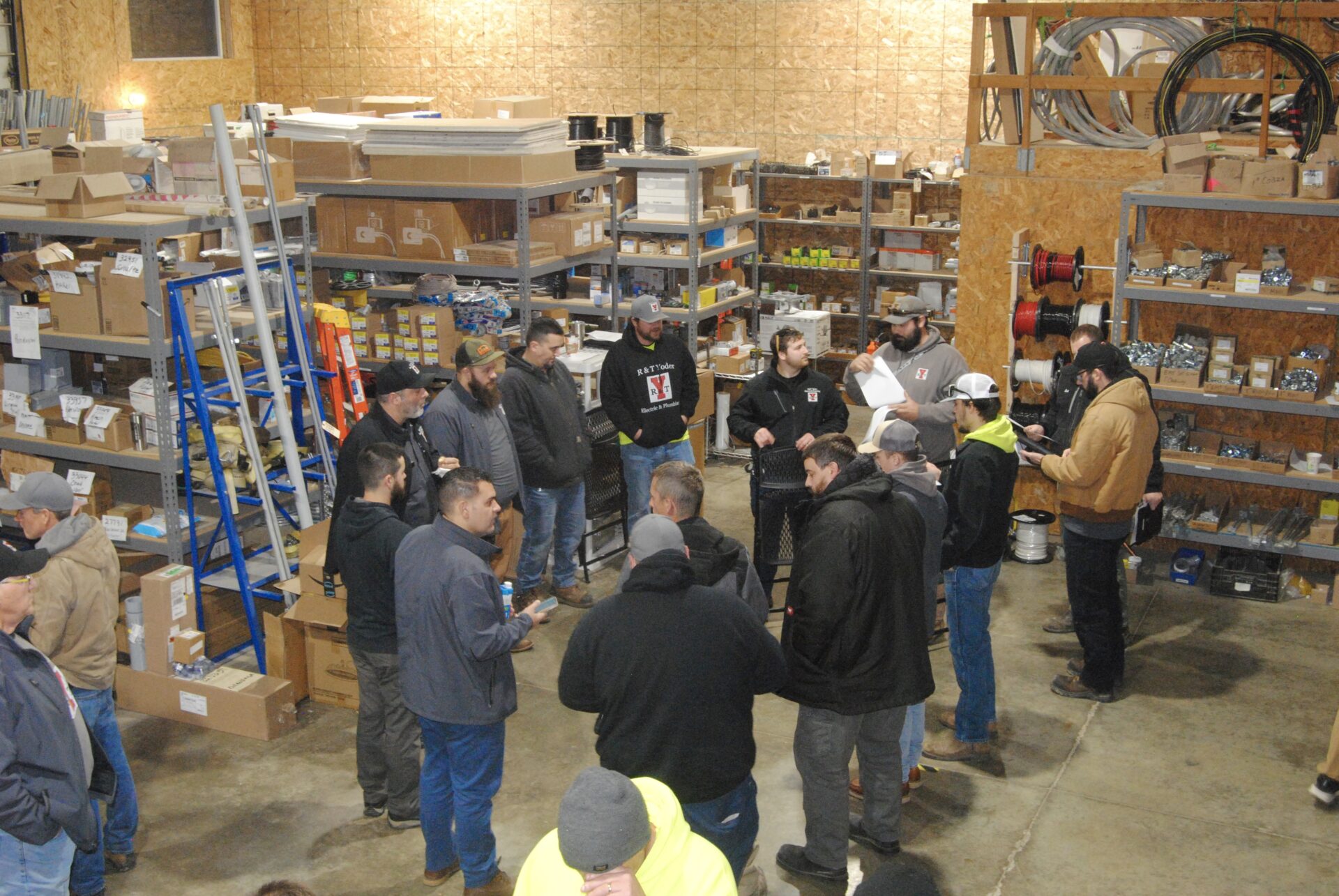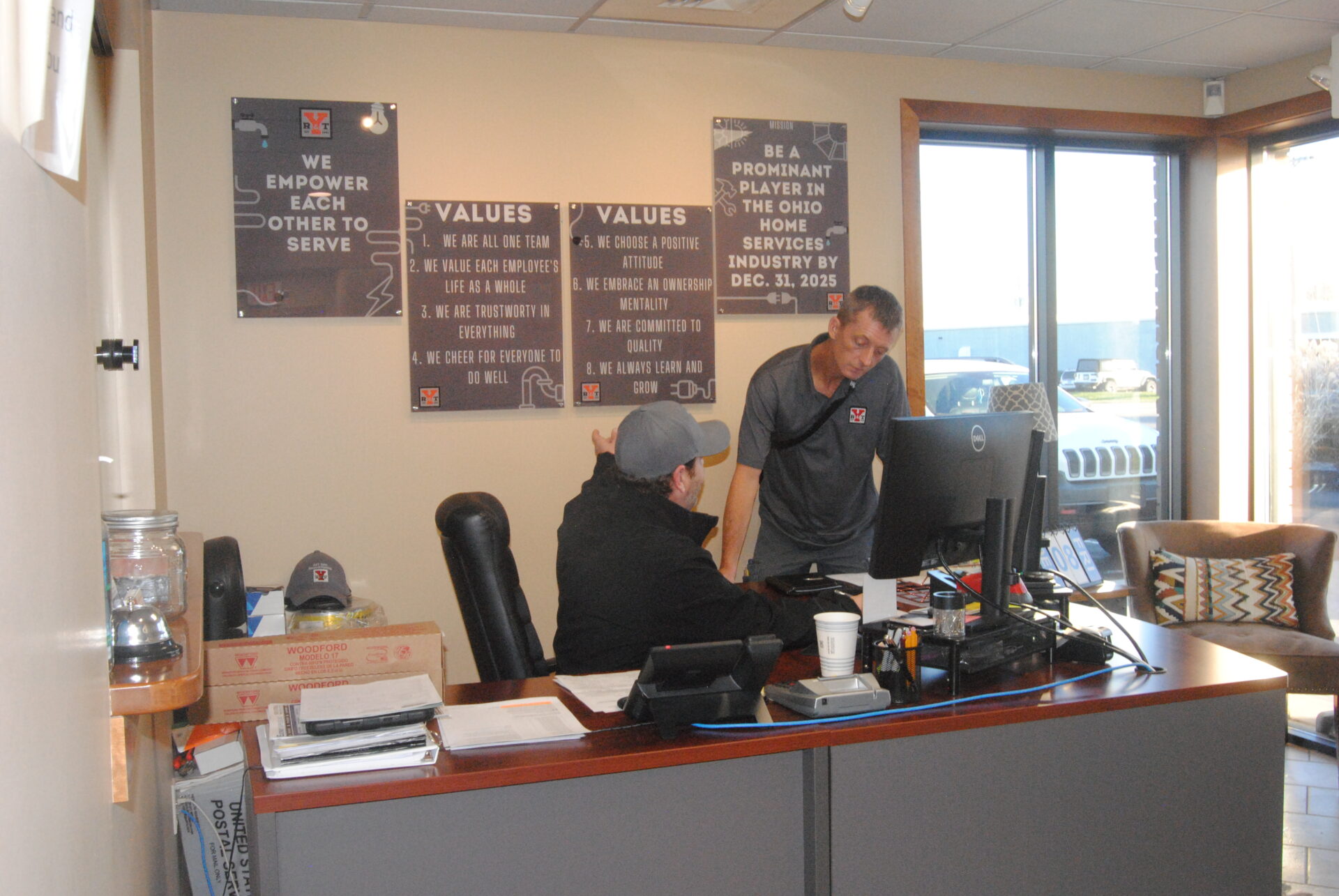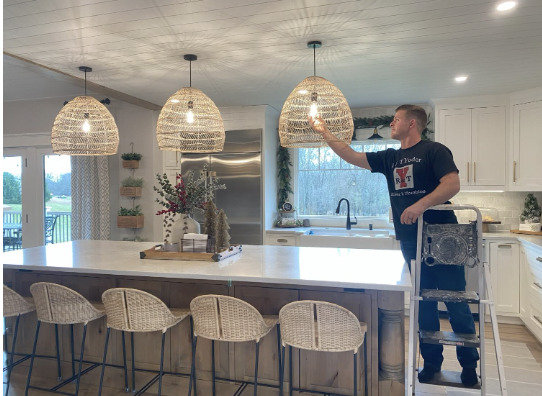Imagine this: you’re at home, going about your business, getting things done around the house, when all of a sudden you take a step and realize you’re standing in a puddle. And when you follow the trickle of water back to the source, you see that your water heater is leaking all over your floor. What do you do?
A water heater’s job is to create hot water for showers, washing dishes, and more, but what happens when your water heater starts leaking and makes a soggy mess? Unfortunately, this is a fairly common occurrence for homeowners, especially if your water heater was incorrectly installed or maintained. That’s why today, we’re going to cover the most common causes of water heater leaks and what you can do to stop them.
1. First, rule out condensation.
Before you panic, keep in mind that there could be a reasonable explanation. What looks like a leaky water heater could just be condensation, especially if you’re experiencing Ohio’s famously humid summers.
If your hot water tank is in a cold room, you could be dealing with a case of excess condensation. So before you start checking for leaks, wipe the exterior of your water heater, and then see if the moisture comes back right away. If you see something drip as soon as you’ve wiped it off, it’s time to call Yoder Plumbing.
2. Look at the pressure relief valve.
The pressure relief valve is a crucial part of a functional water heater. If that valve is attached incorrectly or showing signs of corrosion, it can cause your water heater to leak.
If you like to take the DIY approach to plumbing repairs, please note that not all valves are the same. Even if you’re good enough with hand tools to replace rusty valves under your sink or toilet, you should leave any water heater repairs to the professionals at Yoder Plumbing.
3. Check the bottom for sediment.
Hard water and mineral build-up might also be causing a leak. Minerals may be healthy and essential for human health, but they wreak havoc on your whole plumbing system, including your water heater.
Over time, sediment from your water supply can accumulate at the bottom of your water heater tank. This sediment consists of minerals and other impurities that make their way into your water system.
As they settle at the bottom, they can create a barrier between the heating element and the water, causing overheating and subsequent leaks. So, if your water heater is leaking, you might need to call your premium plumbers to flush out the sediment residue.
4. Look for rusty spots.
Since water heaters are made of metal, and metal can rust, a little spot of rust can easily turn into a serious leak. The metal components and connections of your water heater, such as pipes and valves, are all prone to rust and corrosion.
Rusty connections can slowly but surely develop leaks, making your water heater less effective than it should be. So, if you notice rusty patches or damp areas around your water heater’s connections, call the team at Yoder Plumbing.
5. Call Yoder Plumbing.
No matter what’s causing your water heater to leak, Yoder Plumbing is here to help. Our master plumbers can assess the situation, identify the root cause, and fix your leaky water heater with skill and precision. To learn more about our residential plumbing services, check out our website and contact us today!











